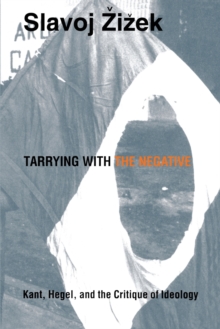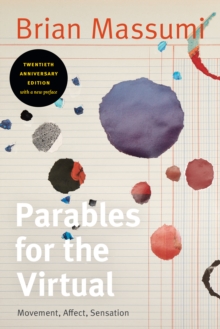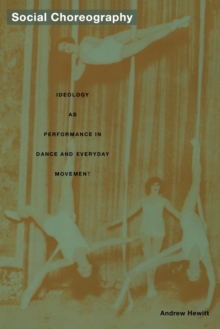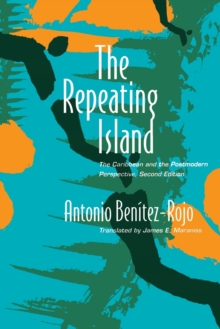
The Insubordination of Signs : Political Change, Cultural Transformation, and Poetics of the Crisis Hardback
by Nelly Richard
Part of the Post-Contemporary Interventions series
Hardback
Description
Nelly Richard is one of the most prominent cultural theorists writing in Latin America today.
As a participant in Chile's neo-avantgarde, Richard worked to expand the possibilities for cultural debate within the constraints imposed by the Pinochet dictatorship (1973-1990), and she has continued to offer incisive commentary about the country's transition to democracy.
Well known as the founder and director of the influential journal Revista de critica cultural, based in Santiago, Richard has been central to the dissemination throughout Latin America of work by key contemporary thinkers, including Nestor Garcia Canclini, Jacques Derrida, Fredric Jameson, and Diamela Eltit.
Her own writing provides rigorous considerations of Latin American identity, postmodernism, gender, neoliberalism, and strategies of political and cultural resistance.In The Insubordination of Signs Richard theorizes the cultural reactions-particularly within the realms of visual arts, literature, and the social sciences-to the oppression of the Chilean dictatorship.
She reflects on the role of memory in the historical shadow of the military regime and on the strategies offered by marginal discourses for critiquing institutional systems of power.
She considers the importance of Walter Benjamin for the theoretical self-understanding of the Latin American intellectual left, and she offers revisionary interpretations of the Chilean neo-avantgarde in terms of its relationships with the traditional left and postmodernism.
Exploring the gap between Chile's new left social sciences and its "new scene" aesthetic and critical practices, Richard discusses how, with the return of democracy, the energies that had set in motion the democratizing process seemed to exhaust themselves as cultural debate was attenuated in order to reduce any risk of a return to authoritarianism.
Information
-
Available to Order - This title is available to order, with delivery expected within 2 weeks
- Format:Hardback
- Pages:152 pages
- Publisher:Duke University Press
- Publication Date:23/03/2004
- Category:
- ISBN:9780822333272
Other Formats
- Paperback / softback from £19.09
Information
-
Available to Order - This title is available to order, with delivery expected within 2 weeks
- Format:Hardback
- Pages:152 pages
- Publisher:Duke University Press
- Publication Date:23/03/2004
- Category:
- ISBN:9780822333272










